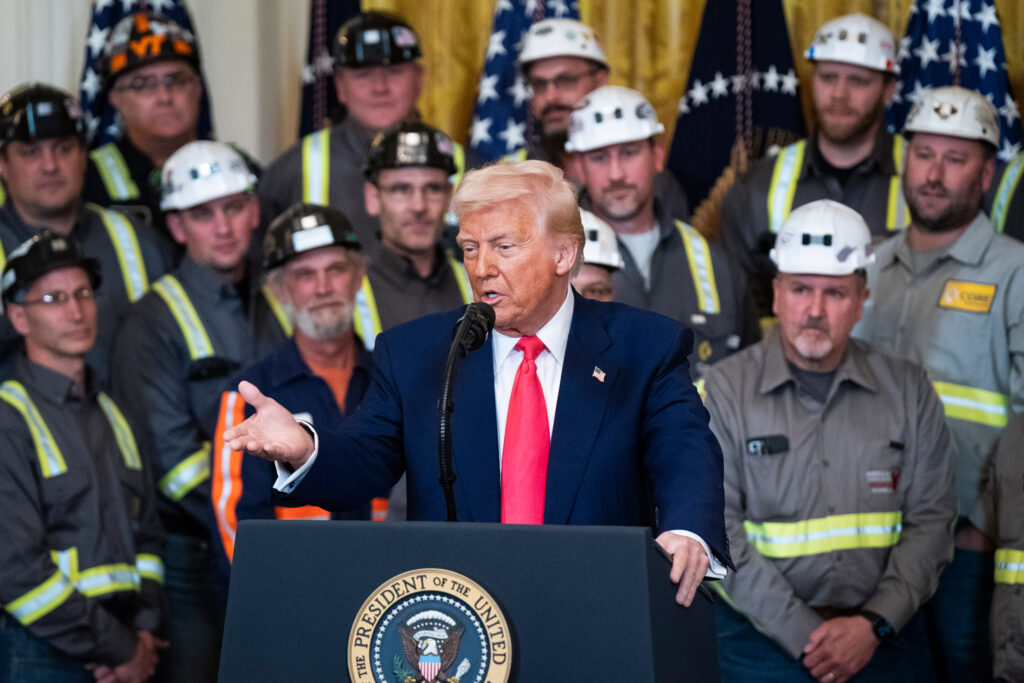
Green Visionary: Sonal Chaudhary's Groundbreaking Environmental Research at TERI
Sonal: A Visionary Environmental Scientist Bridging Science and Action At the intersection of scientific research, community empowerment, and environmental policy stands Sonal, a passionate environmental scientist dedicated to creating meaningful change. Her innovative approach goes beyond traditional research, focusing on transforming complex scientific insights into practical, actionable strategies that can make a real difference in addressing environmental challenges. With a unique perspective, Sonal works tirelessly to connect the dots between rigorous scientific research, grassroots community initiatives, and impactful policy development. Her work exemplifies a holistic approach to environmental conservation, recognizing that sustainable solutions require collaboration across multiple sectors and stakeholders. By breaking down the barriers between academic research and real-world implementation, Sonal is helping to create a more integrated and responsive approach to environmental protection. Her commitment to bridging knowledge gaps and inspiring action makes her a true catalyst for positive environmental change.









